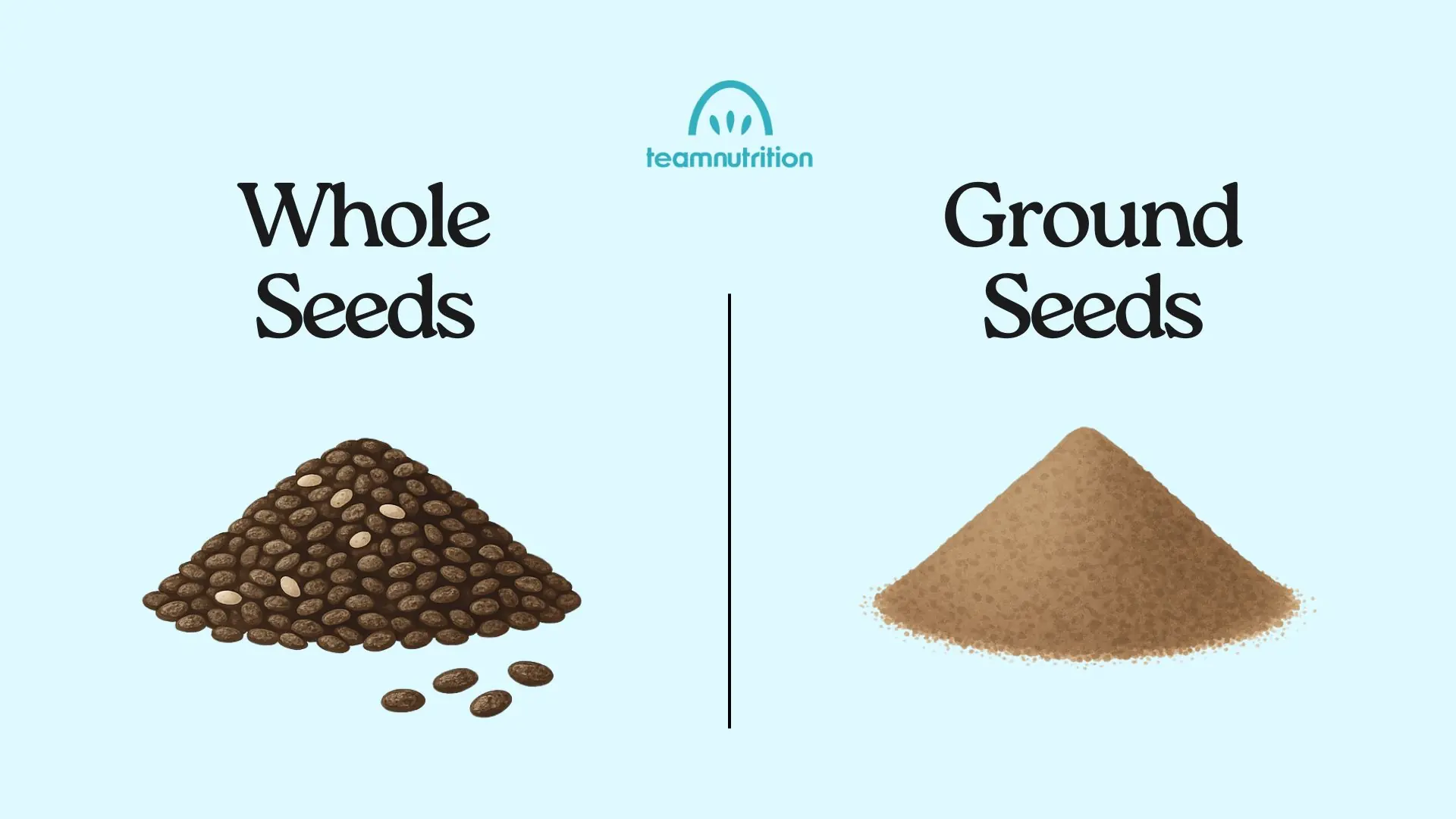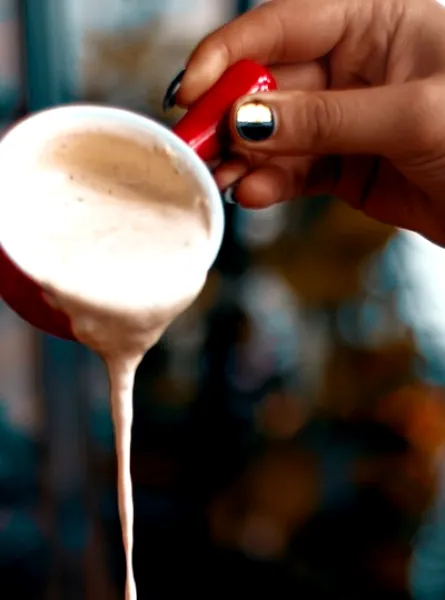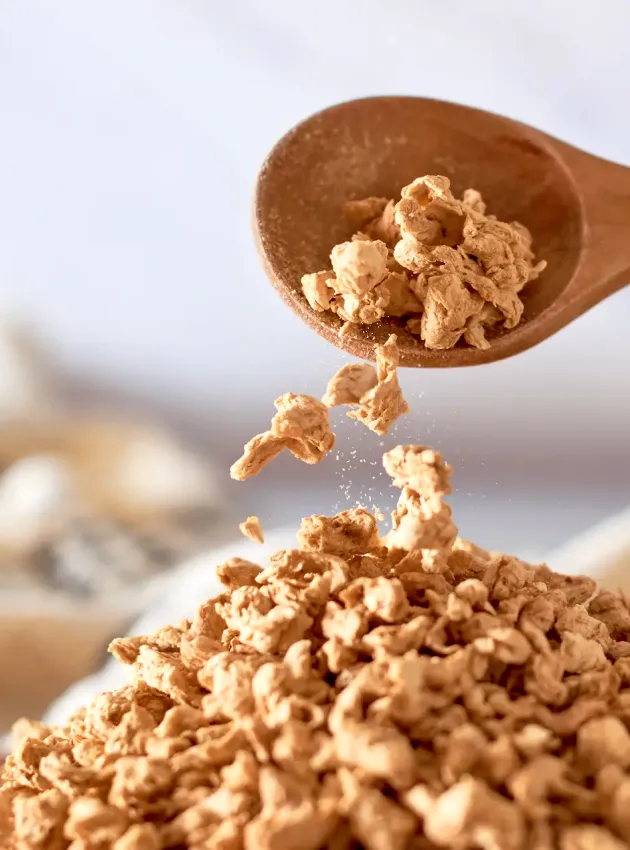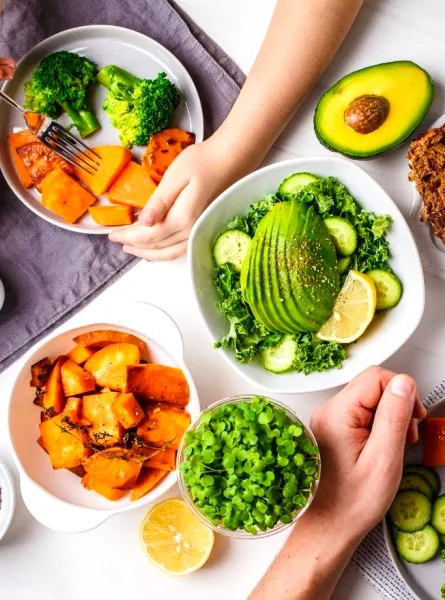
You’ve probably come across chia seeds—in colourful smoothies, yogurt bowls, or on social media. And honestly, they deserve the spotlight! These tiny seeds from Mexico are packed with benefits for your heart, brain, and digestion. If you're looking to boost your nutrition without complicating your routine, chia seeds are a fantastic option to explore.
Here’s why our registered dietitians and nutritionists recommend them so often — and how to get the most out of them in your daily routine.
1. A Plant-Based Source of Omega-3s for Heart and Brain Health
Omega-3 fatty acids are essential fats, meaning the body can’t produce them on its own. That’s why we need to get them through food. Chia seeds contain a significant amount of alpha-linolenic acid (ALA), a plant-based type of omega-3.
Why Are Omega-3s Good for the Heart?
ALA may help reduce inflammation, a major risk factor in cardiovascular disease. It may also help lower triglyceride levels, reduce blood pressure, and improve blood vessel elasticity. The result: a more efficient heart and lower cardiovascular risk.
Why Are Omega-3s Good for the Brain?
Even though ALA isn’t as active as the omega-3s found in fish, it still plays a role in protecting brain cells and may help slow cognitive decline. For those who eat little or no fish, chia seeds are a strategic, dietitian-recommended addition.
2. Fibre: A Friend to Digestion, Blood Sugar, and Cholesterol
Chia seeds are high in fibre, providing about 10 g per 30 g serving (roughly 2 tablespoons)—nearly a third of the daily recommended intake for adults.
Fibre That Supports Arteries and Digestive Health
Most of this fibre is soluble. When mixed with liquid, it forms a gel in the stomach that slows the absorption of sugars and fats. This helps:
- Stabilize blood sugar (great for preventing or managing diabetes),
- Lower LDL cholesterol (the “bad” cholesterol),
- Promote regular bowel movements and ease constipation.
Fibre has a double role: supporting digestive and metabolic health, which boosts energy, comfort, and overall balance. These benefits may also support weight management and sustainable healthy habits.
3. Antioxidants That Help Slow Aging
Chia seeds also contain natural antioxidants—compounds that protect our cells from oxidative stress and may help slow aging and reduce disease risk.
This is especially helpful for brain health, where protecting neurons helps maintain memory, focus, and mental clarity.
4. Other Key Nutrients for Nerve and Heart Function
In addition to omega-3s and fibre, chia seeds provide several essential micronutrients:
- Magnesium: helps regulate blood pressure and nerve function
- Calcium: supports neuromuscular health
- Iron: essential for oxygen transport to the brain
- Zinc: aids memory and concentration
Not sure if you’re getting enough? A nutrition consultation can help you find out and adjust your diet accordingly.
5. Should You Eat Chia Seeds Whole or Ground?

Both forms are beneficial, but their effects can vary depending on how you use them:
- Whole chia seeds: ideal for recipes that involve liquid (like puddings, smoothies, or sauces). They swell and help you feel full longer while gradually releasing fibre.
- Ground chia seeds: better for maximizing omega-3 absorption, especially in dry recipes like bars, muffins, or crackers.
Storage tip: While not mandatory, storing chia seeds in an airtight container in the fridge or freezer away from light helps preserve the quality of their healthy fats.
6. Easy Ways to Add Chia Seeds to Your Meals
You don’t need fancy recipes to enjoy chia’s health benefits. Here are a few easy ways to add them into your day:
- Breakfast pudding: Mix chia seeds the night before with milk or plant-based beverage, a bit of maple syrup, and fruit—like in this blueberry chia and buckwheat pudding.
- Boosted smoothie: Add a tablespoon of chia seeds for extra fibre and staying power—like in this kombucha, pineapple, and spinach smoothie.
- Upgraded toast: Sprinkle chia seeds over peanut butter or cottage cheese on toast. Add banana slices and cocoa for a choco-banana version that’s both tasty and nutritious.
- Salads: Add chia directly into your vinaigrettes or sprinkle on top. They bring a slight crunch without altering flavour—like in this beet, parmesan, and garlic scape salad.
- Homemade granola: Mix them into your oat granola for crunch and nutrients—like this maple and buckwheat granola.
- Healthy crackers: Make your own seed crackers using chia, flax, and sesame.
- Seared tuna upgrade: Coat seared tuna tataki with chia for a crunchy, fibre-rich crust that also adds healthy fats.
7. Our Dietitians Can Help You Make It Work for You
You don’t need to overhaul your diet—a few spoonfuls of chia seeds a day can support your heart, brain, digestion, and energy. It’s a simple, effective addition that many dietitians recommend.
Whether you're looking to improve your nutrition or maintain healthy habits, personalized support can make a big difference. Book an appointment with a registered dietitian nutritionist today for expert guidance tailored to your lifestyle, preferences, and goals—while keeping the joy of eating front and centre!





